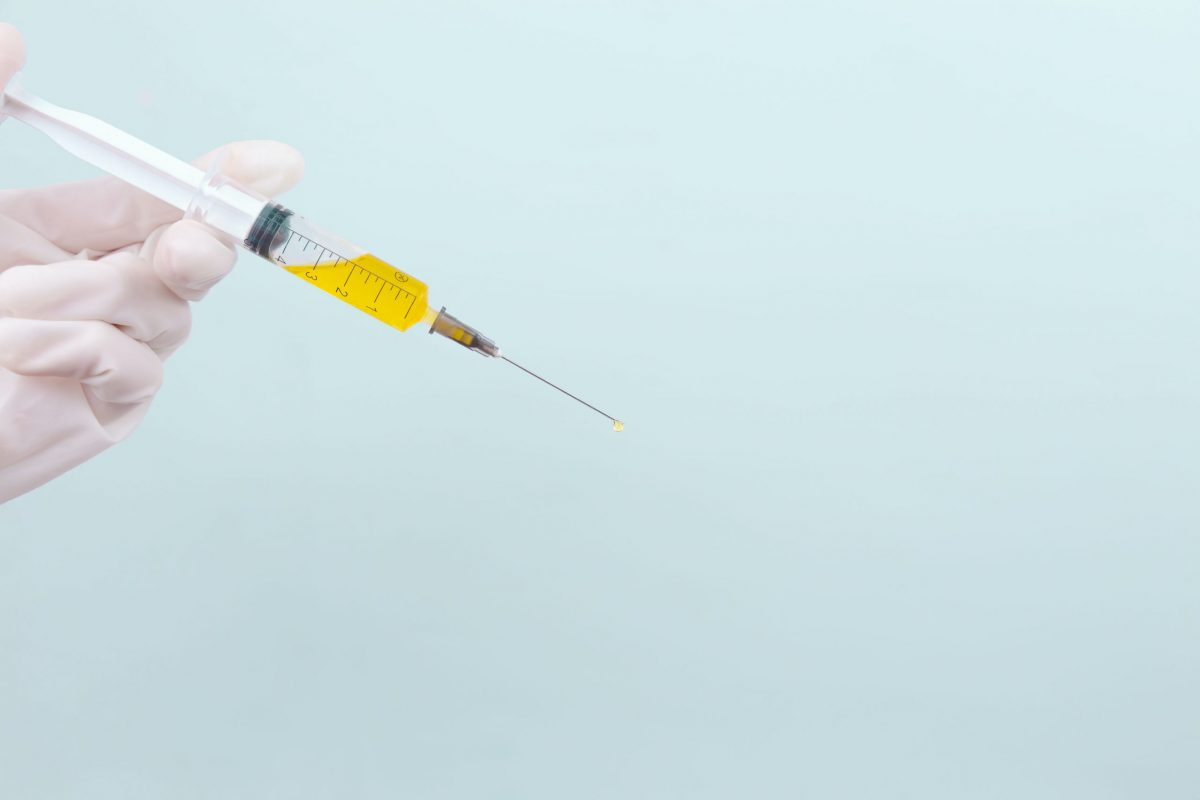A new student-led activism forum, Notts Spiking Awareness (NSA), is the latest organisation to take a stand against the Nottingham spiking crisis within clubs.
NSA is uniting organisations across Nottingham to make a meaningful impact on the nightlife economy.
Rachel Enemua spoke to Lauren Jade Simpson, the communications officer for NSA.
What is the most common type of spiking?
“According to the [Nottinghamshire] Police Crime Commissioner, the most common type of spiking is excessive amounts of alcohol being added into people’s glasses without their knowledge and said there is little evidence of drugs involved.”
Do you think the long drug testing process is allowing cases to go unreported?
“It’s only when you get to a certain point you’ve realized you’ve been spiked and how quickly you can get tested.
“If you go to A&E, think about the wait times; if there is no urgency to find the drug, then they are just going to dismiss it.”
Do you believe the police are doing enough?
“No. But at the same time, I think it comes down to what the clubs could do more of.
“The councils can only do so much with the funding they have, whereas individual clubs could offer more training to their staff and could do more through security checks.
“There have been numerous problems with certain security companies in the past, so why don’t they get a new type of security?
“My mentor told me that If you want to attack this issue head on and then you need to go to the managers of clubs, that is where the real change is going to come about.
“You’ve got to push them in that direction.”
What is your message for clubs?
“You can’t keep on sitting back waiting for a change to happen.
“For the students and the public who want to get involved, I’d say the main thing to do is to bombard these people with messages on their social media pages, e-mail them consistently, get in touch with people, and align yourself with groups like ours.
“There are so many different groups on both Nottingham university campuses that you can join to put pressure on clubs.
“When there was the Girls Night In protest, this ended up closing all the clubs in the city for the night.
“They didn’t see the point in opening because they wanted to stand by us.
“Things like this can make big changes because it is more than one voice, when we all come together.”
In the future what change do you want to see in parliament and nightlife venues?
“More legislation on the issue.
“I know it’s been recently debated in parliament because Nadia Whittome took part in that.
“We also need greater staff and more initiatives like Nottingham Best Bar None, and get more students involved in testing out these bars to see how well they are actually responding.”
How are you going to create a legacy so the forum can continue for years to come?
“When we finish university, we want to pass this forum onto a student society to force these organisations to get back together over time.
“We don’t want people to forget, it’s something that needs to have a legacy, that needs to keep on going and being discussed because if we stop talking about it then we’ll open it up for people to be spiked again for another rise in cases.”
NSA is holding a Nightlife Safety forum to raise awareness of drink spiking affecting students and the wider population.
Local spiking charities, government officials and nightclub managers are all attending, creating a great opportunity for students to network.
The group’s mission is to make people aware of the services out there and educate them on drug spiking to create safer nights out.
Lead Image: Diana Polekhina (Unsplash)

